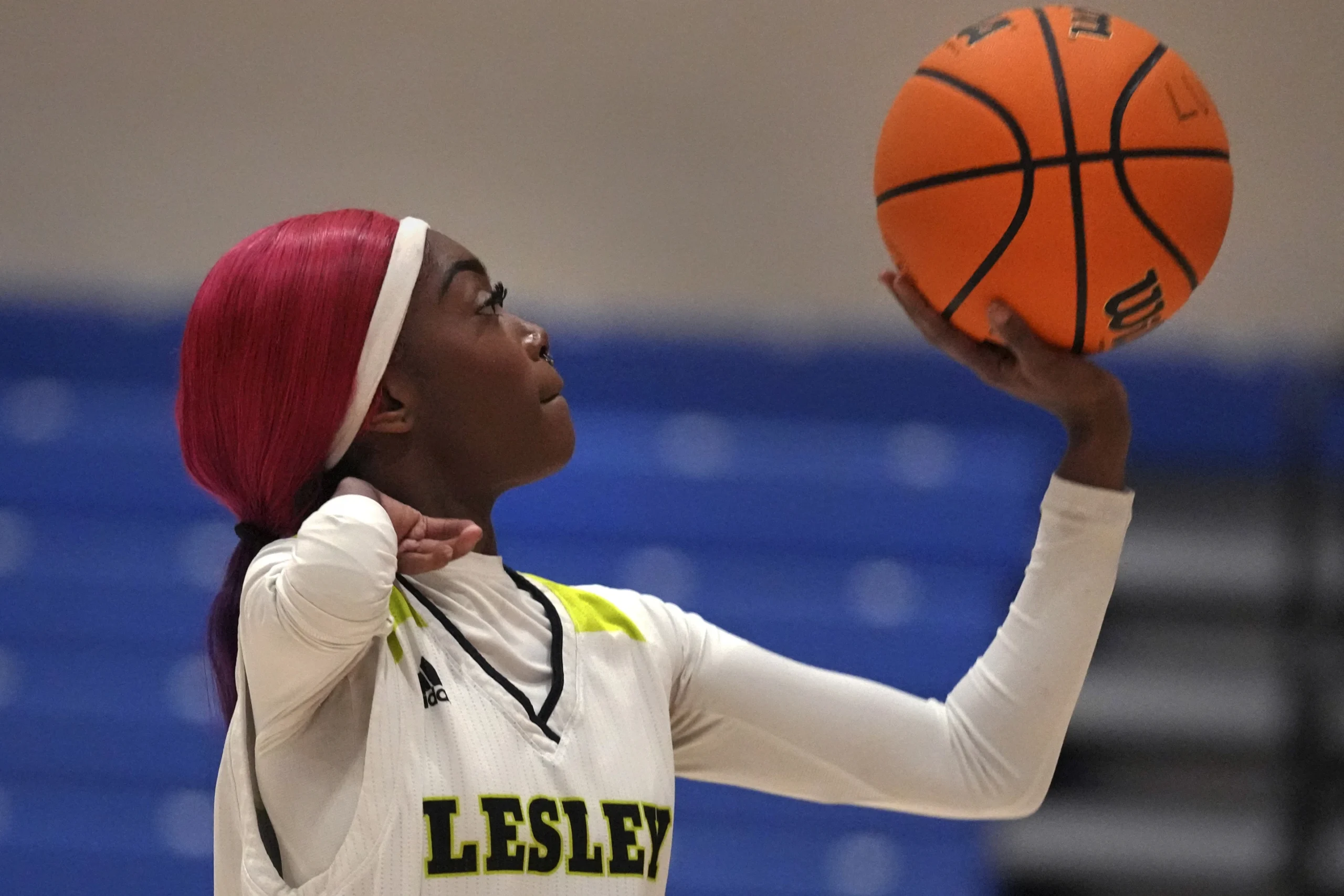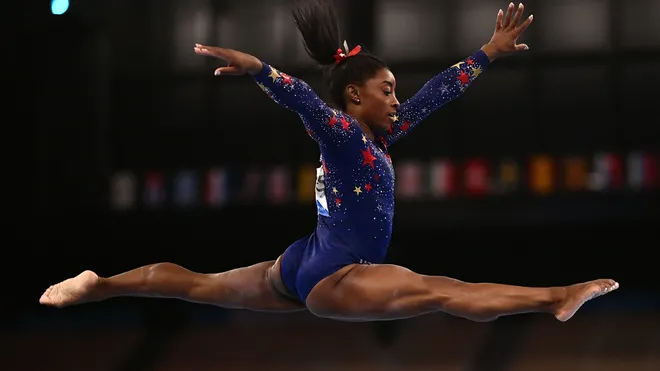Prosecutors just dropped new details in their case against Sean “Diddy” Combs, adding more allegations to the already serious charges against him. According to an updated indictment filed on Jan. 30, the hip-hop mogul—who’s set to stand trial in May—is accused of sex trafficking at least three women and even dangling someone off a hotel balcony as part of a two-decade-long racketeering conspiracy.
The new indictment, filed in Manhattan federal court, doesn’t introduce any additional charges, according to Combs’ attorney, Marc Agnifilo. However, it does extend the alleged conspiracy back four more years, now spanning from 2004 to 2024 instead of the previously stated 2008 start date.
Combs, 55, has pleaded not guilty to sex trafficking charges following his arrest in September. He remains behind bars without bail, awaiting trial on May 5.
The indictment outlines allegations involving at least three women—referred to only as “Victim-1,” “Victim-2,” and “Victim-3.” Prosecutors claim Combs leveraged his power and status in the music industry to manipulate, intimidate, and lure women into his circle, often under the guise of romantic relationships. Once under his control, they allege, he used force, threats, and coercion to push them into commercial sex work.
It also accuses him of subjecting victims to physical violence, verbal abuse, and threats to their finances and reputations.
“On multiple occasions, Combs threw both objects and people, as well as hit, dragged, choked, and shoved others,” the indictment states. “On one occasion, Combs dangled a victim over an apartment balcony.”
Prosecutors did not provide further details about that specific incident.
In response, Agnifilo said his client remains committed to fighting the charges. He also pushed back against the government’s claims, calling them “ridiculous” and arguing that prosecutors are trying to rewrite history by labeling two of Combs’ former girlfriends as prostitutes.
Earlier this month, Combs’ defense team argued in court documents that the charges are rooted in a “sexist and puritanical” perspective on consensual relationships. They claim prosecutors are enforcing outdated ideas about female victimhood and autonomy while unfairly characterizing non-traditional sexual activities as inherently coercive.
“The government assumes—despite all evidence to the contrary—that a woman’s willing participation must have been coerced,” the defense wrote.
As the case moves forward, it’s clear both sides are digging in for a legal battle that’s bound to make headlines.







